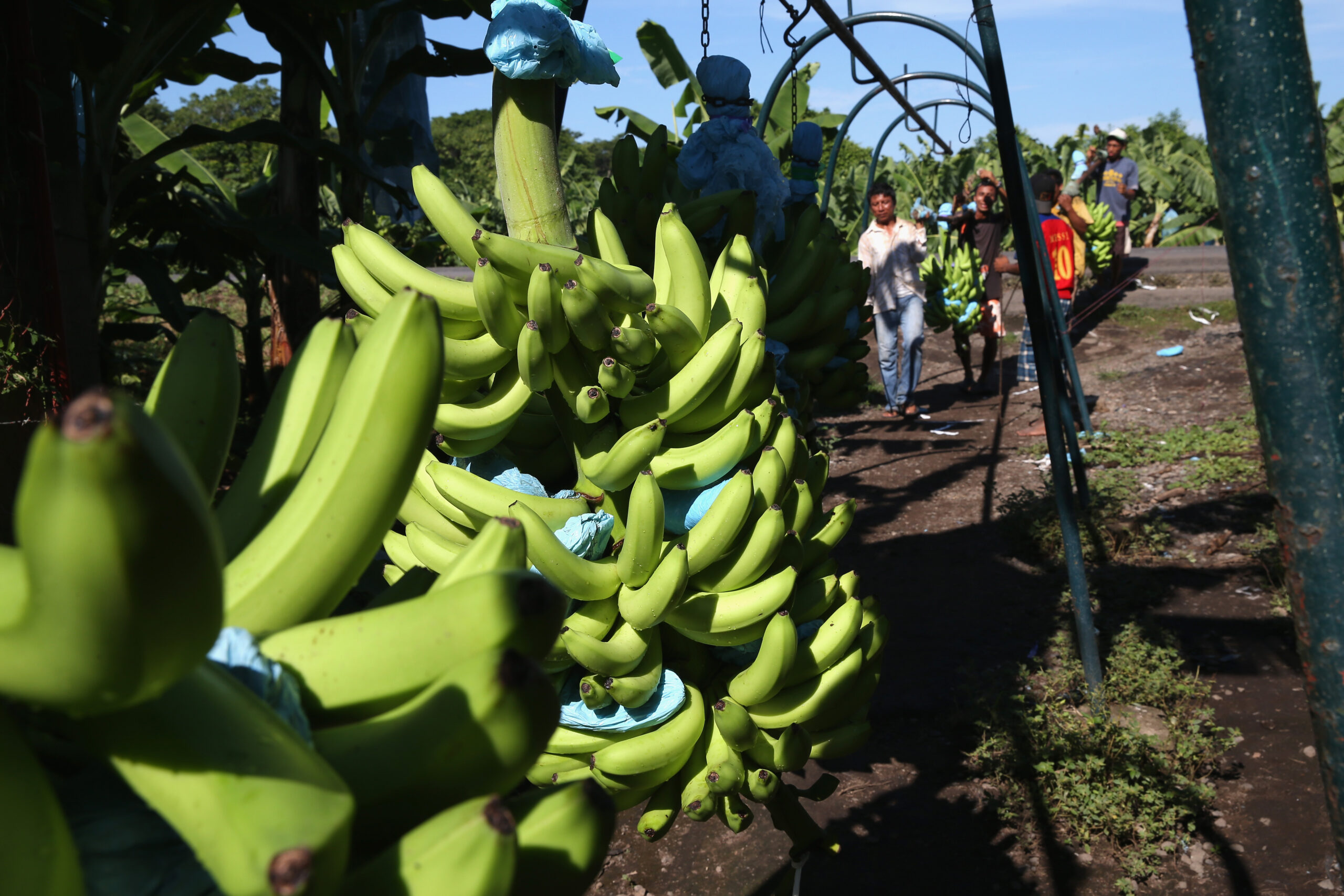Trade Tensions Squeeze San Diego Entrepreneur: Mexico Tariffs Hit Home

In the dynamic world of international trade, Daniella Velazquez de León, the innovative general manager of Organics Unlimited in San Diego, offers a candid insight into navigating the challenging landscape of tariff fluctuations. Her company has been adeptly managing what she colorfully describes as "tariff whiplash" - the sudden and unpredictable changes in trade regulations that can dramatically impact business operations.
With strategic acumen and resilience, Velazquez de León and her team have developed adaptive strategies to mitigate the economic turbulence caused by shifting tariff policies. Her approach demonstrates the agility required in today's complex global marketplace, where businesses must remain flexible and proactive in the face of unexpected economic challenges.
